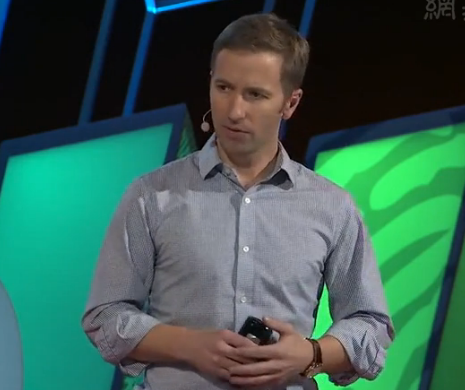Now this brings us to the human part of the story.
我們自然就要談到人的問題。
Obviously, the microbiomes in the USA aren't causing premature death as frequently as in the zoo,
顯然,美國人體內微生物群的失衡,并沒有造成像動物園那么多夭折,
but we have major risk of obesity, diabetes, a number of these other diseases.
但我們有肥胖、糖尿病和其他類似疾病的高發病率。
And this applies not just to people who have been living in the USA for many generations,
不僅是在美國生活了好幾代的人存在這樣的問題,
but also to immigrants and refugees, who, for most immigrant and refugee groups, arrive in the USA metabolically healthy,
而且新移民和難民也一樣,多數移民和難民群體抵達美國時,他們在新陳代謝方面很健康,
and then within a few years, they become just as high-risk for obesity and diabetes as other Americans.
然后,在幾年之內,他們患上肥胖和糖尿病的風險與美國人一樣高。

And we discussed this issue with two groups that have been coming to the USA from Southeast Asia:
我們與兩個從東南亞遷來美國的團體討論過這個問題:
the Hmong, who started coming in the mid-1970s as refugees from the Vietnam War and the US secret war in Laos;
一個是洪族人,因越南戰爭和老撾美國秘密戰爭,從20世紀70年代中葉開始,他們以難民身份來到美國;
and the Karen, who have been coming more recently as refugees from Myanmar.
另一個是凱倫人,最近才從緬甸來的難民。
So we've been working for a few years with these local communities and clinicians
我們已經與這些當地社區和臨床醫生一起工作了幾年,
to study what happens to the Hmong and Karen microbiomes when people move from refugee camps and villages in Thailand to the USA.
研究洪族人和凱倫人從泰國難民營和村莊來到美國后,他們體內的微生物群會發生怎樣的變化。
And what we found is that when people come to the USA from these groups,
我們發現,當這些人來到美國后,
they lose a large fraction of their microbiome, somewhere around 20 percent,
他們體內的微生物群失去了很大一部分,約20%;
and those who come to the USA and become obese lose about a third of their microbes.
而那些來美國后患肥胖癥的人,則失去了(原來)微生物群的三分之一。











